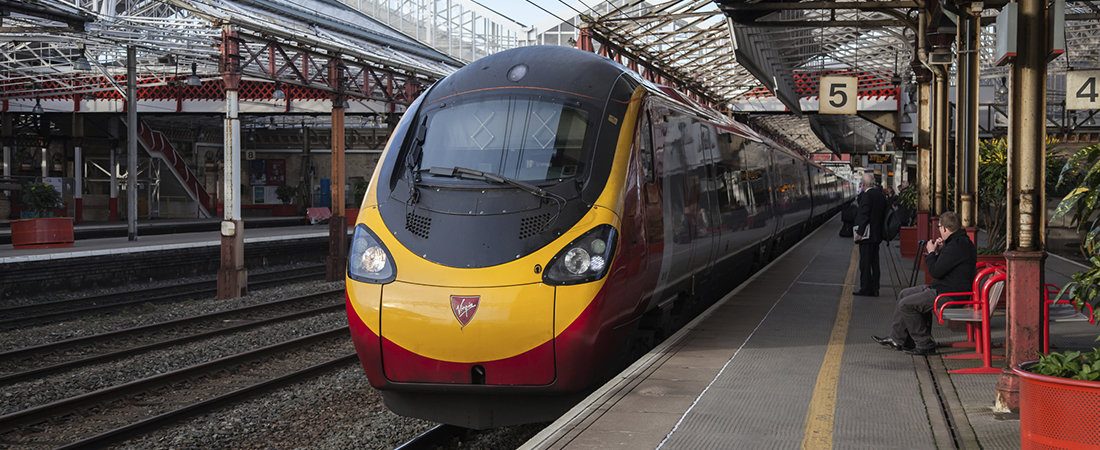Since the vote on 4th May, city-region mayors are now a feature of our political landscape.
For some, mayors are a turning point with the potential to offer the political leadership needed to transform their areas. But for many, they represent an unnecessary tier of local government across political boundaries that the public don’t recognise or have any affinity to – irrelevant to the lives of the people they claim to represent.
To prove their relevance and win the licence to effect change, the first generation of mayors will need to do three things in their first three years.
First, they must gain political support amongst an electorate that had no say in their creation and did not turn out to vote for them in large numbers. This means delivering some quick wins in the next three years that demonstrates the value of the mayor.
With powers limited to joint decisions over economic investment, bus franchising, housing, strategic planning, funding for adult skills provision and integration of health and social care, mayors will need to be tactical about where they deploy their political capital in their first term.
Public transport with the offer of subsidised fares for certain groups – pensioners or young people looking for work – and smart ticketing across the bus, tram and metro networks has obvious public appeal. Building more affordable housing for sale and rent has equal appeal. Or the simple promise of millions of pounds of investment into the local economy to create jobs and opportunities for local people.
Three years is a short time to make good on these promises. If mayors can deliver some change in a few defined areas and combine this with visibility, a strong political voice and the ability to advocate effectively on behalf of their residents, they may yet convince their electorate of their worth.
Second, they must forge a political coalition with local councillors who may see the Mayor as an imposition from Whitehall that they did not want. The balance of power in combined authorities gives mayors limited scope to govern without consensus. To succeed, they must find common ground with local leaders and collaborate across local authority boundaries to advance the interest of the city-region.
Turning the Combined Authority into an effective regional institution with a common purpose defined by the Mayor and the capacity to work across authorities to deliver change will be key.
Finally, mayors will need to fight for greater devolution of power from Whitehall if they are to have any hope of delivering further gains in their next term. The question will be whether a Government still dealing with the fall-out from Brexit and embroiled in a complex divorce with its European partners, will have the political will or the bandwidth to take this on.
Against this backdrop, mayors must force devolution onto the political agenda and be at the forefront of the clamour to ‘take back control’ and put power in the hands of the people who live in, work and understand the communities they are trying to help.
And to do this, they must join forces along with London, to provide a united front calling for further devolution in the months and years ahead.
If they can strike further devolution deals that give them real power to tackle the problems facing their communities, they will have the licence to go back to their electorates in 2020 to seek a mandate for change, backed up by the levers to make this a reality.
By Miatta Fahnbulleh. Miatta is Director of Policy Research at IPPR. Prior to joining IPPR, she was a Deputy Director in the Prime Minister’s Strategy Unit, heading up the Cities Policy Unit, where she was responsible for designing and driving forward the Government’s economic devolution agenda in England.

